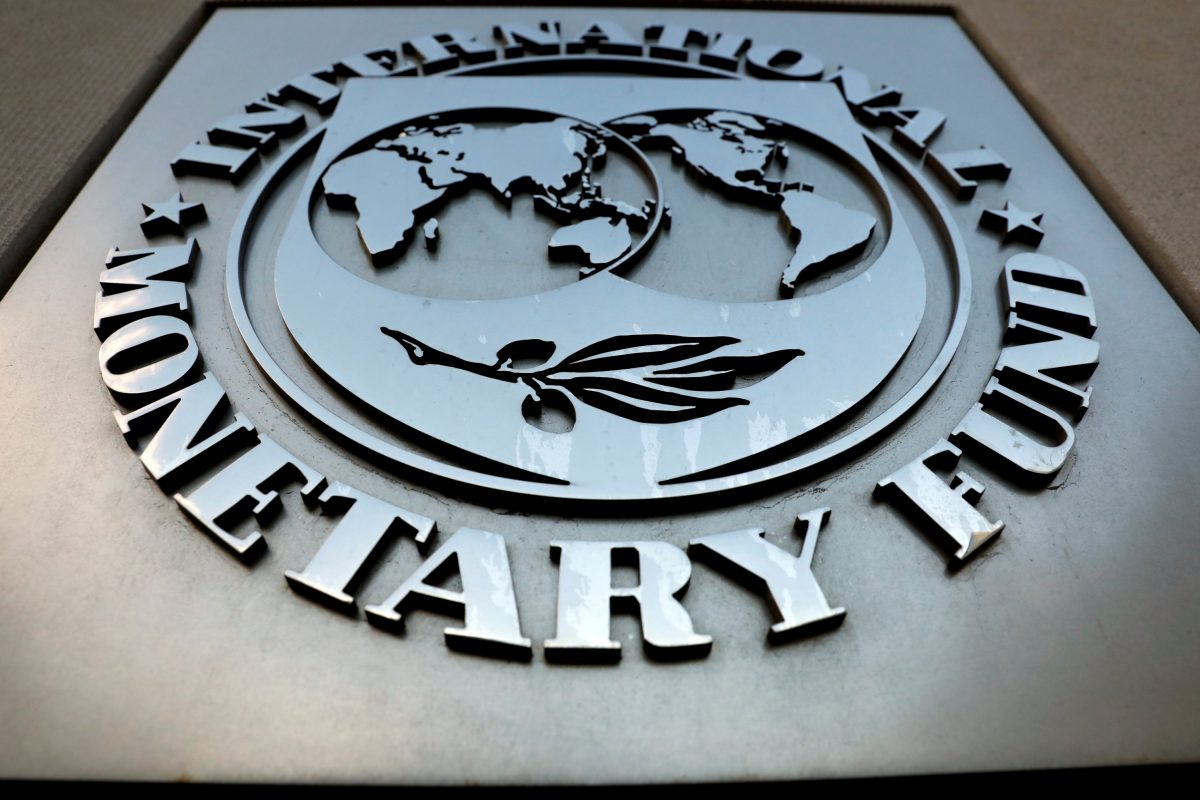(Trinidad Guardian) The International Monetary Fund (IMF) has said that persistent foreign ex-change shortages have highlighted the need to reform the foreign exchange market infrastructure in this country.
The IMF made the statement following its Execu-tive Board’s conclusion of an Article IV consultation with T&T on February 9.
“While the authorities’ commitment to maintaining a stable peg seems well understood by market participants, the mechanisms to ensure a well-functioning FX market could be improved to reduce uncertainty,” the IMF stated.
“A proliferation of special-purpose facilities at the EximBank to prioritise FX access to manufacturers, importers of necessities—including State-owned Enterprises—have produced a hybrid ex-change rate system that is prone to inefficiencies,” it added.
The IMF staff encouraged the authorities to regularly review the current system to ensure its appropriateness and recommended modernising FX and money markets infrastructure to replace the special purpose windows at the EximBank, to reduce those inefficiencies to support the sustainability of the existing arrangement.
“Staff also encourages the authorities to eliminate exchange restrictions and multiple currency practices in a planned manner while providing sufficient FX to meet demand for all current international transactions,” it stated.
The IMF said looking to the future, exchange rate flexibility, if properly utilised, would reduce the need for fiscal tightening to achieve external balance and create room for countercyclical monetary policy.
The IMF also stated that the authorities intend to reform the T&T Electricity Commission (T&TEC) and the Water and Sewerage Authority (WASA) and other State-owned Enter-prises to enhance competition and effectively manage public resources.
“In staff’s views, there is a need to further define the reform process within a specific timeframe to enable the SOEs to become economically efficient, more accountable and transparent. Moreover, advancing SOE reforms would help contain and mitigate fiscal risks stemming from these entities,” it stated.
The IMF said that the combined effects of COVID-19 and energy production and price shocks took a heavy toll on Trinidad and Tobago’s economy.
“Real GDP contracted by 7.4 per cent in 2020 and is estimated to further contract by about 1 per cent in 2021. Inflation remained mostly subdued but the recent surge in international food and energy prices has pushed it up to 3.9 per cent by October 2021,” it stated.
“The fiscal position worsened significantly during FY2020-21 due to lower energy proceeds and outlays to mitigate the pandemic. The fiscal deficit widened to 11.6 per cent of GDP in FY2020 and remained elevated at 10.1 per cent of GDP in FY2021. As a result of the large deficits and the GDP contraction, central government debt increased from 45.4 per cent of GDP in FY2019 to 65.9 per cent of GDP in FY2021,” it stated.
The IMF said a strong economic recovery is projected for 2022, with downside risks predominating.
“Real GDP growth in 2022 is expected at 5.5 per cent, reinforced by the continued policy support and the anticipated recovery in oil and gas production. With demand pressures contained, inflation in 2022 is projected at about 2.8 per cent,” it said.
The IMF stated that the fiscal deficit is expected to decline to 7.5 per cent of GDP in FY2022, reflecting a combination of high revenue mobilisation and modest spending cuts.
Central government debt will peak at 68.8 per cent of GDP in fiscal year 2023 and gradually decline thereafter.
“Risks are tilted to the downside due to pandemic-related uncertainty, the country’s vulnerability to oil and gas production disruptions, and negative spillovers from global and regional shocks,” it stated.
The IMF’s directors agreed that comprehensive structural reforms are needed to promote the non-energy sector and boost potential growth.





